Latest Comments
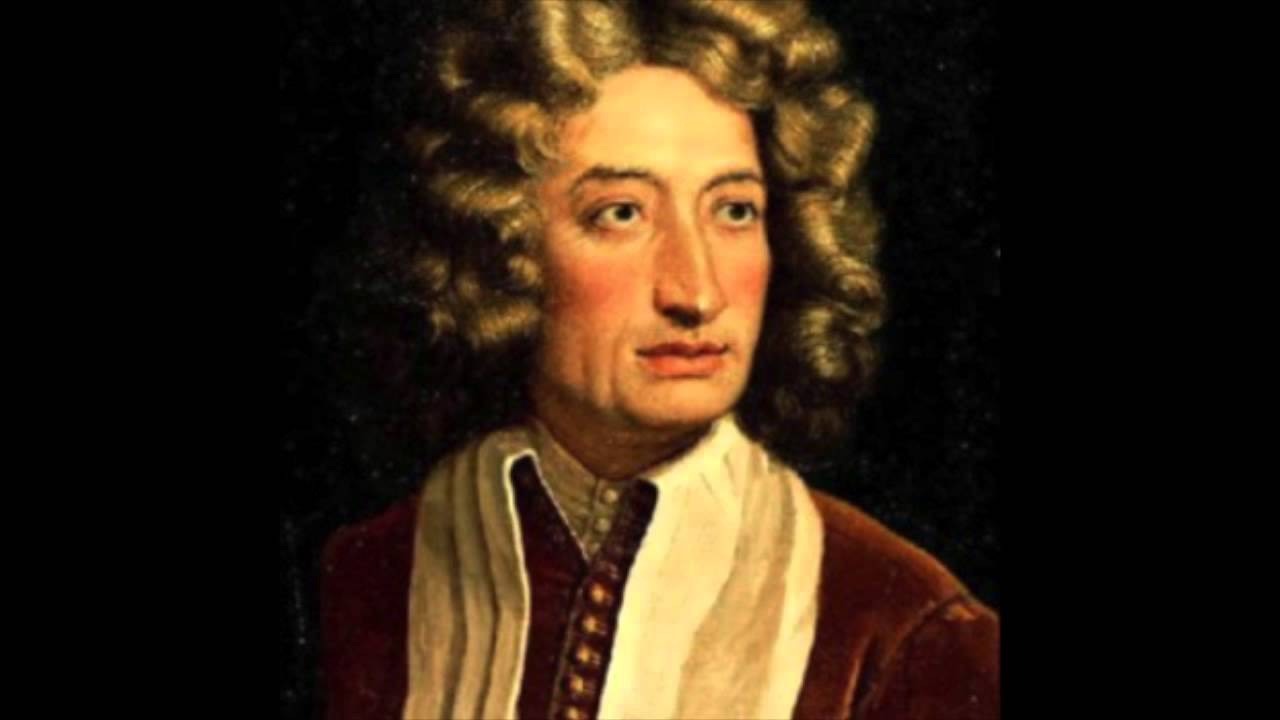
Johann Pachelbel: The Life and Legacy of a Baroque Master
Johann Pachelbel (1653–1706) stands as one of the most influential composers of the German Baroque era. Best known today for his timeless Canon in D,[…]
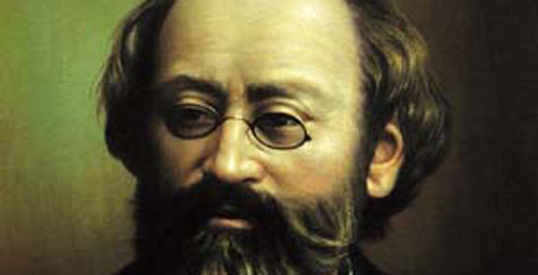
Max Bruch: A Romantic Composer’s Legacy
Max Bruch (1838–1920) stands as one of the most lyrical and emotionally resonant composers of the Romantic era. Though often remembered primarily for his enduring[…]
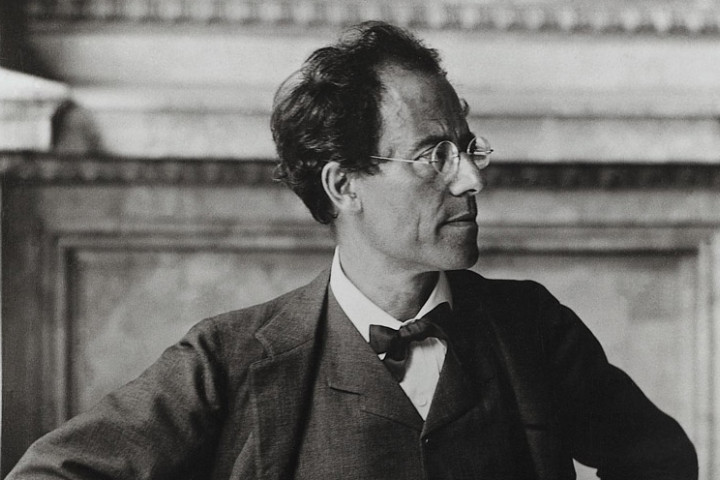
Mahler – Symphony No. 2
Gustav Mahler’s Symphony No. 2 in C minor, widely known as the “Resurrection” Symphony, stands as one of the most ambitious and spiritually profound works[…]
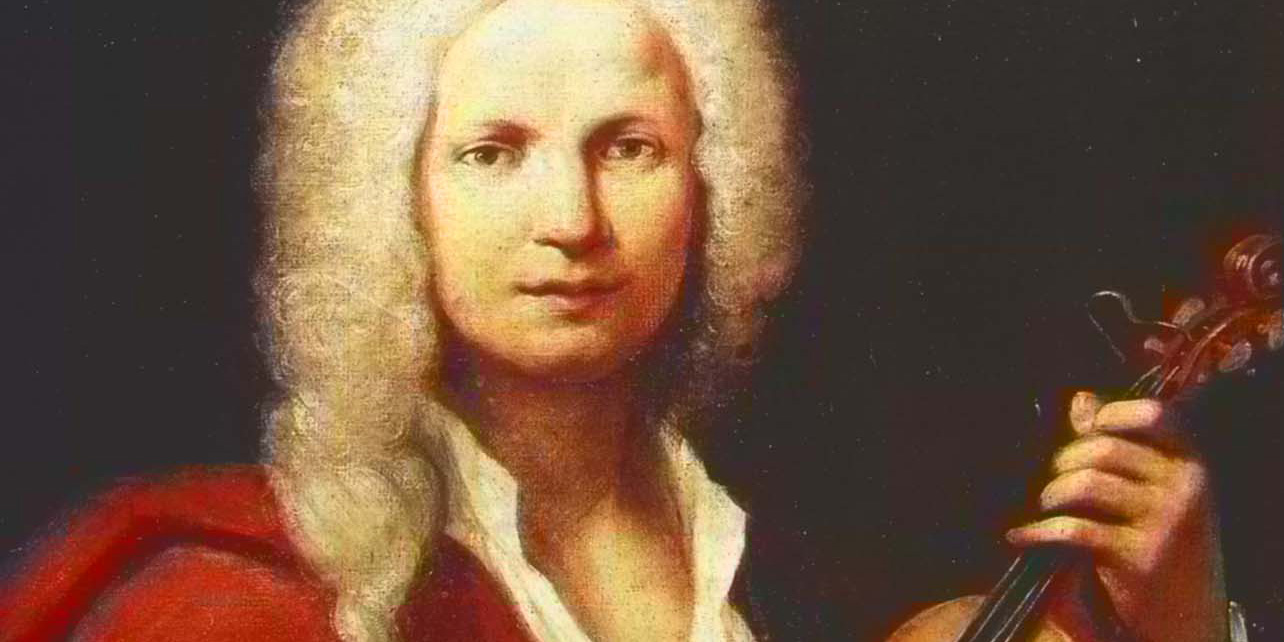
Vivaldi – ‘L’estro armonico’ Concertos
Antonio Vivaldi’s L’estro armonico (The Harmonic Inspiration), Op. 3, is a landmark set of twelve concertos that holds a pivotal place in Baroque music. Published[…]
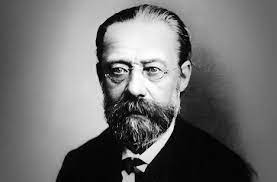
The 5 Best Compositions by Bedřich Smetana
Bedřich Smetana (1824–1884) was a pioneering Czech composer whose music helped define Czech national identity. As a leading figure of the Romantic era, his compositions[…]
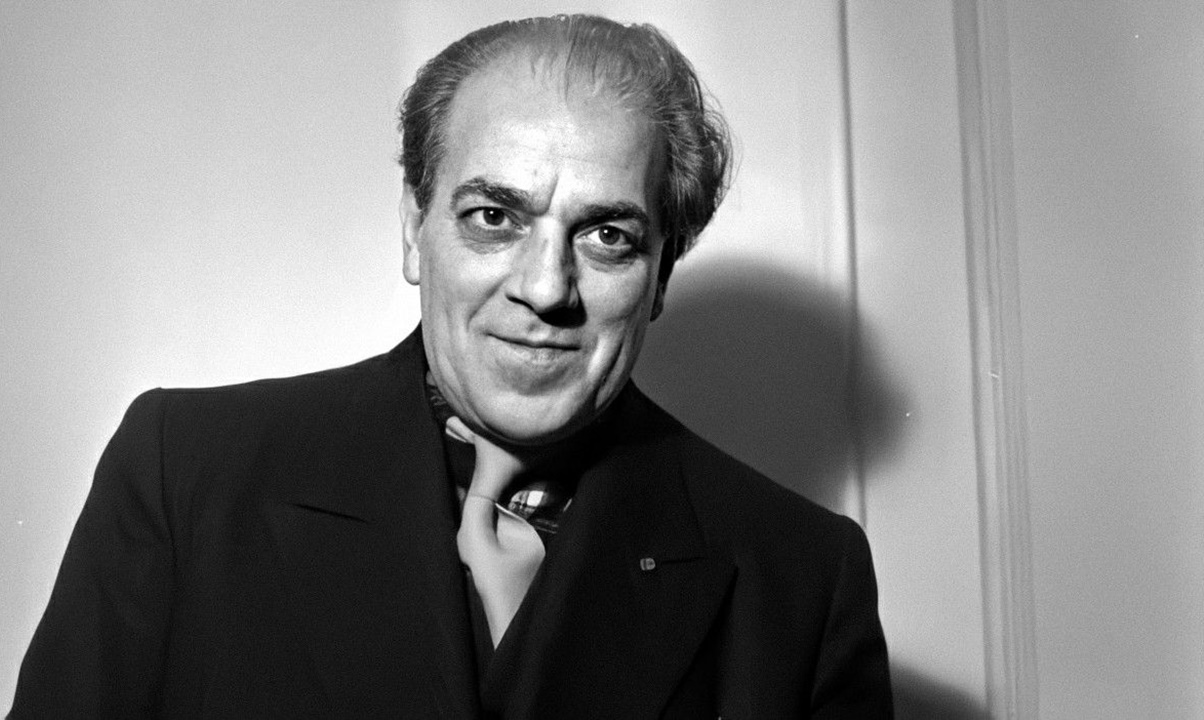
The 5 Best Compositions by Heitor Villa-Lobos
Heitor Villa-Lobos (1887–1959) was one of the most influential composers in Brazilian classical music, blending European traditions with the rhythms and melodies of his homeland.[…]
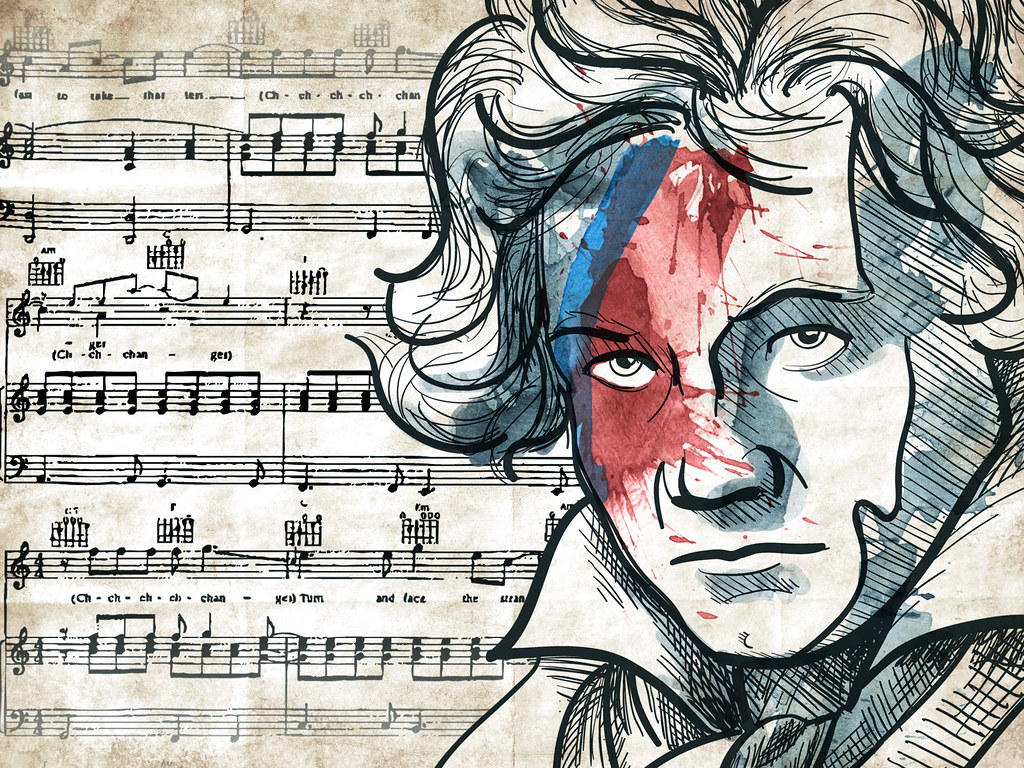
The Story Behind Beethoven’s Sonata No. 5 in C Minor
Ludwig van Beethoven, one of the most influential composers in the history of Western classical music, composed his Piano Sonata No. 5 in C Minor,[…]
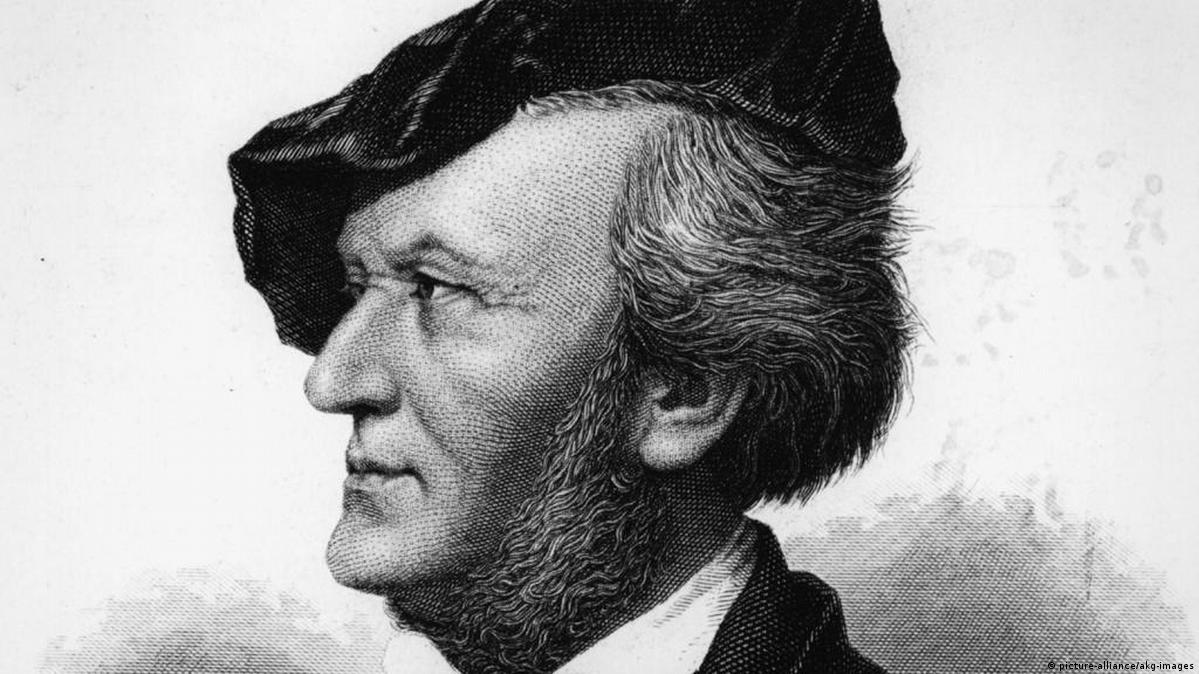
The Story Behind Wagner’s Lohengrin
Lohengrin, one of Richard Wagner’s most celebrated operas, stands as a towering achievement in the composer’s illustrious career. Premiered on August 28, 1850, in Weimar,[…]
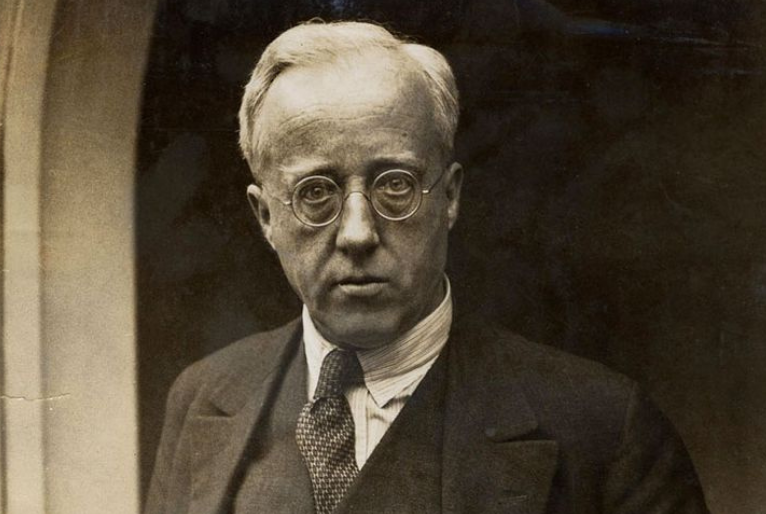
The Story Behind Holst’s Suite for Military Band
The Suite for Military Band, composed by Gustav Holst in 1911, is widely regarded as one of the most significant and influential works in the[…]
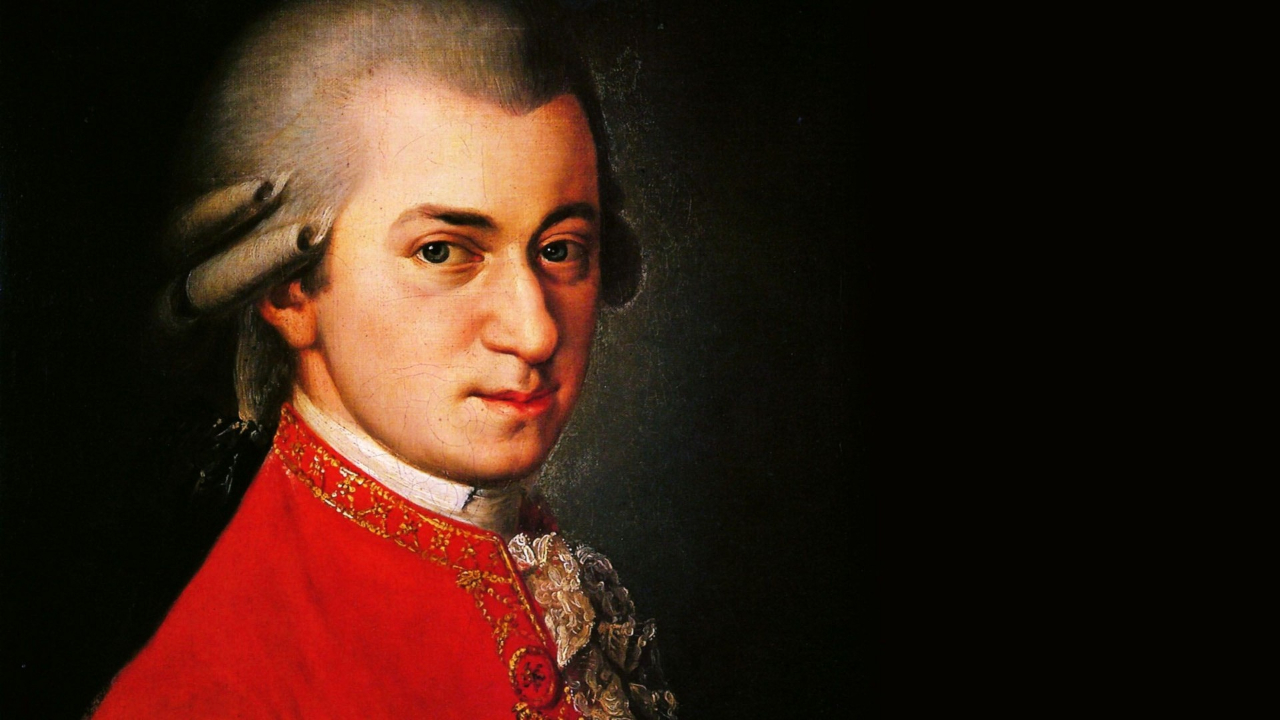
The Story Behind Mozart’s The Marriage of Figaro
Wolfgang Amadeus Mozart’s The Marriage of Figaro (Le Nozze di Figaro) is one of the most celebrated operas in the history of classical music. First[…]
© 2025 Top Classical Music. Created with ❤ using WordPress and Kubio